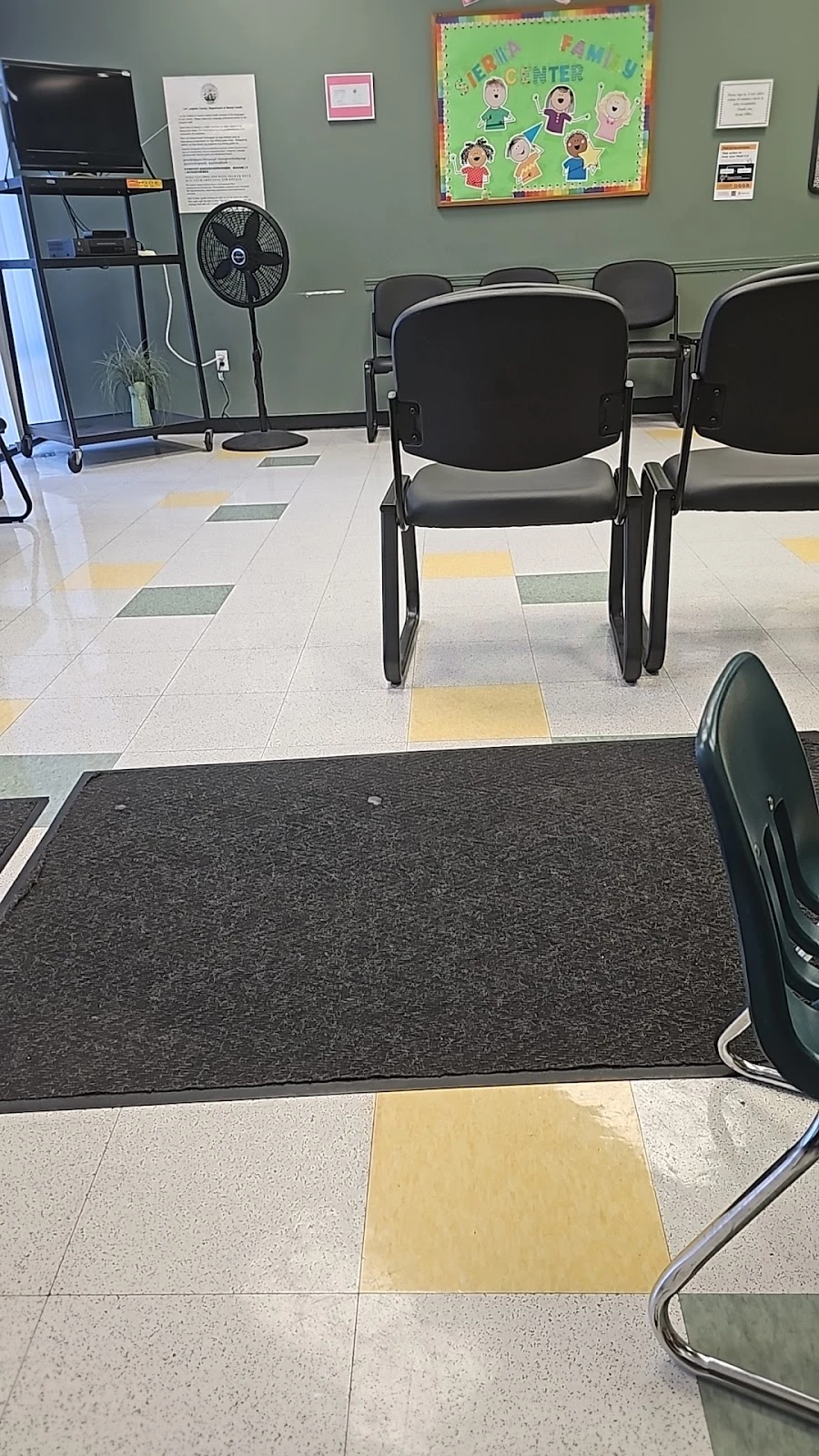Pacific Clinics - Bonita Family Services Information
Treatment
Who We Treat
- Children
- Teens / Adolescents
- Adolescents
- Male and Female
- Couples
Treatment Focus
- Adolescents
- Children
- Licensed Primary Mental Health
- Strengths-Based
Approaches
- Individual Treatment
- Personalized Treatment
- Medical
- Family Involvement
- Strengths-Based
- Family Therapy
- Group Therapy
- Trauma Informed
- Cognitive Behavioral Therapy (CBT)
- 1-on-1 Counseling
- Meditation & Mindfulness
- Online Therapy
- Life Skills Training
Conditions We Treat
- Depression
- Anxiety
- Bipolar Disorder
- Post Traumatic Stress Disorder (PTSD)
- Obsessive Compulsive Disorder (OCD)
- Trauma
- Suicidal Thoughts
- Self-Harm
- Suicidality
- Bipolar
- Eating Disorders
- Co-Occurring Disorders
Languages
- English
Aftercare
- Aftercare App
Level of Care
- Outpatient
- Virtual & In-Home Care
Experience
Special Considerations
- Family Program
Smoking and Vaping Policy
- Smoking Not Allowed
- Vaping Not Allowed
Accreditations
-
SAMHSA certification for opioid treatment program (OTP)
Accreditation by the Substance Abuse and Mental Health Services Administration (SAMHSA) for Opioid Treatment Programs (OTPs) signifies that a program has met strict standards for providing high-quality care to individuals with opioid use disorders. It assures patients, families, and communities that the OTP follows evidence-based practices, employs qualified staff and maintains a safe and effective treatment environment. This accreditation reflects the program's commitment to addressing the opioid epidemic and promoting recovery.
Additional Locations
Pacific Clinics - Bonita Family Services Accepts The Following Insurance Plans
Find the best treatment options. Call our free and confidential helpline today!





